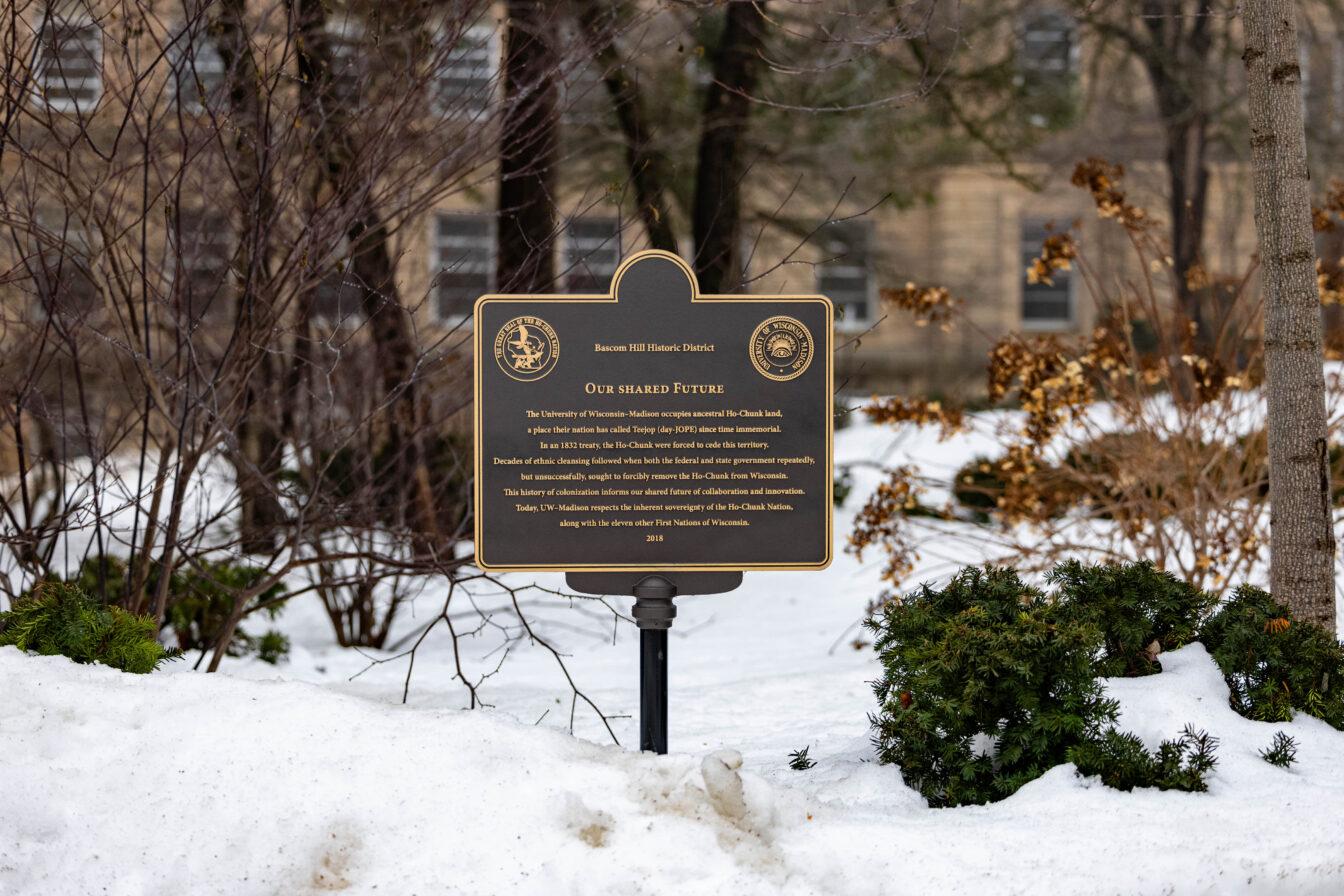Starting in fall 2024, the University of Wisconsin will cover tuition, housing, food, books and all college-related costs for undergraduate students from Wisconsin Indian Tribes who are also Wisconsin residents, according to previous reporting from The Badger Herald.
The program, the Wisconsin Tribal Educational Promise, is not based on financial need and is awarded to students regardless of their family’s income if they fit the parameters of the program.
The undergraduate program is complemented by a similar program which for five years covers those same costs for students pursuing a J.D. or M.D. Currently, the program only applies to Wisconsin residents who are members of federally recognized Wisconsin tribes, according to The Badger Herald’s December coverage of the program.
This program is incredibly important as it allows Indigenous students to graduate debt-free with a degree from an esteemed university. According to the Institute for Policy Research at Northwestern, one in three Indigenous individuals are living in poverty with a median income of $23,000.
Age limits for Wisconsin justices balance responsiveness, experience
In a press release from UW regarding this program, the university estimates that the cost of attendance per student per year is $28,916. The costs are even more stark for those students pursuing a J.D. or M.D., where the yearly cost of attendance is estimated at more than $35,000 for J.D. students and $42,000 M.D. students.
This program and the financial support it can provide could be life changing for Indigenous students who might not pursue a degree without financial support of this caliber.
While this program is a step in the right direction, it must also be acknowledged that UW’s support for Indigenous students has been paltry at best.
For example, UW has developed a land acknowledgement where they acknowledge the land the university is built on is land that was stolen from the Ho-Chunk Nation after their forced removal.
But the second UW created this land acknowledgement, a program similar to the Wisconsin Tribal Educational Promise should have been created immediately to support Indigenous students.
Racial identity needs to be considered in financial aid, scholarship decisions
A statement acknowledging the theft of the Ho-Chunk peoples’ land is empty words when UW does not support Indigenous communities and students in a meaningful way. This program is the university finally backing their word and supposed dedication to aiding the Indigenous peoples of Wisconsin.
So, UW needs to do much more to continue backing their word. The university needs to do more on campus to create spaces for Indigenous students. Currently on campus there is the Indigenous Student Center, which provides a safe space for Indigenous students to gather and connect.
While there are currently no plans to tear down the building, the ISC was originally thought to be in danger of demolition with the construction of the Irving and Dorothy Levy Hall, a project that is tearing down many buildings on the same block. As of right now the buildings are protected, but many students expressed fear at student council meetings that these spaces would be torn down, according to reporting from The Badger Herald.
Though potential demolition is far in the future, UW should do all they can to ensure the building is not torn down, or if it is, the center is upgraded to ensure a safe space for Indigenous students.
Wisconsin must expand Medicaid, regulation of prescription drug prices
The university should also attempt to expand the program to students from Indigenous tribes who are not Wisconsin residents. The program is not funded by taxpayer dollars, and instead gets its funding from private donors and other UW assets, according to the program’s press release. Thus there could be less issue or complaint on behalf of taxpayers that their money is supporting non-Wisconsin individuals.
Additionally, expanding the program to Indigenous students from other states would continue the commitment from UW to supporting Indigenous students, no matter the state or tribe they come from.
The creation and implementation of the Wisconsin Tribal Educational Promise is a step in the right direction for UW in terms of living up to commitments they have made to support Indigenous students and the Indigenous community.
But, the university needs to continue to uphold these commitments in the future by ensuring Indigenous students have spaces on campus and the program can hopefully be expanded to include Indigenous students from outside of Wisconsin.
Emily Otten ([email protected]) is a senior majoring in journalism.














